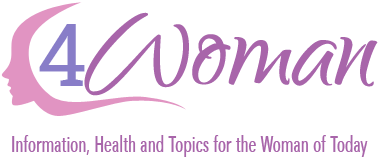Women and HIV/AIDS
Around the world, women now make up half of all people living with HIV, the human immunodeficiency virus (im-myoo-no-duh-fish-in-see), and AIDS, acquired immunodeficiency syndrome. In the U.S., more than 25 percent of new infections are in women. Women of color are especially impacted by the disease. HIV/AIDS is the leading cause of death for African American women aged 25 to 34.
While the impact of this epidemic on women has been devastating, many women with HIV and AIDS are living longer and stronger lives thanks to new treatments. While there is no cure yet, HIV treatment has come a long way since the first reported cases in the early 1980s. Today, there are a number of therapies and medications available. There are also a wide variety of government resources in place to help people cope with HIV.
Testing positive
Testing positive for the HIV virus often brings a range of emotions, such as panic, fear, and anger. But many HIV positive women find that after some time they can start a process of taking charge and living life to its fullest.
If you have just tested positive for HIV, don't give up hope. There are people who care about you. There are resources available for you to make it easier to live with HIV. You don't have to go through this alone.
- Talk to your doctor, nurse practitioner, or other health care provider. Your relationship with your health care provider is one of the most important relationships that you will have in fighting this disease.
- Find a support group to join. Sharing your experiences with other people living with the disease may help you reduce your anxieties, learn new ways of coping with HIV infection, and connect with people who are facing similar challenges.
With information, good care, and support, you can manage HIV safely and successfully.
Finding care and support groups
To find an HIV support group in your area, call CDC-INFO at 800-232-4636 or visit www.hivtest.org.
The Health Resources and Services Administration's Bureau of Primary Health Care lists clinics across the country that provide care, even if you have no insurance or money.

